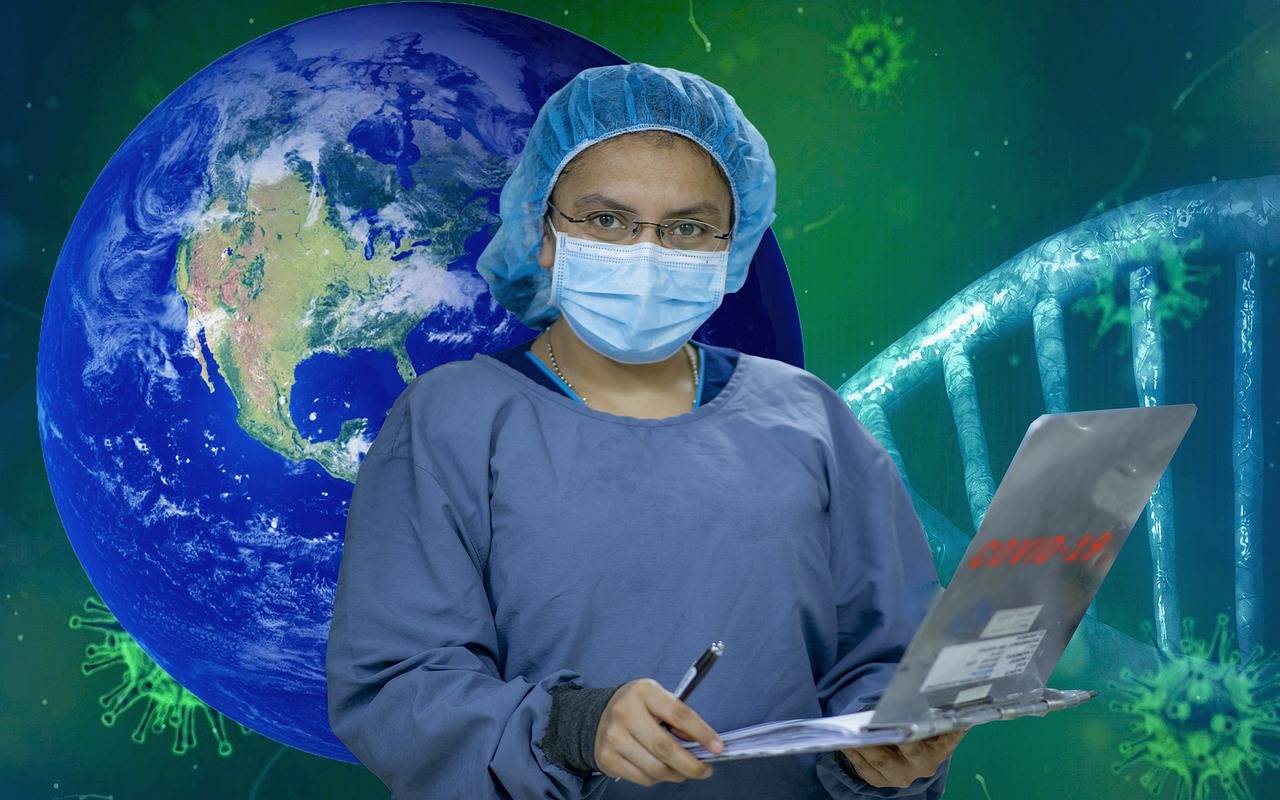The Connection Between Diet and Allergies
If you’re experiencing sudden itching or tingling in your mouth after eating a specific food, it could be a sign of a food allergy. Other symptoms to watch out for include swelling of the lips, face, or throat, as well as difficulty breathing or swallowing.
Digestive issues such as nausea, vomiting, diarrhea, or abdominal pain can also indicate a food allergy. Skin reactions like hives, eczema, or red, inflamed skin may appear shortly after consuming an allergen. If you suspect you have a food allergy, it’s important to seek medical advice for proper testing and diagnosis.
Common Food Allergens to Avoid
Peanuts are one of the most common food allergens that people need to be cautious about. Peanut allergy can cause severe reactions in some individuals, ranging from hives and itching to more serious symptoms like difficulty breathing and anaphylaxis. It’s crucial to read food labels carefully and inquire about ingredients when dining out to avoid any potential exposure to peanuts.
Another prevalent food allergen is dairy, which includes milk, cheese, and other dairy products. Symptoms of a dairy allergy can vary from mild digestive issues to more severe reactions like skin rashes and respiratory distress. Those with dairy allergies should be vigilant about scrutinizing product labels for hidden dairy ingredients and considering dairy-free alternatives to prevent any adverse reactions.
What are the signs and symptoms of food allergies?
Common signs and symptoms of food allergies include hives, itching, swelling, abdominal pain, diarrhea, vomiting, and difficulty breathing.
What are some common food allergens to avoid?
Common food allergens to avoid include peanuts, tree nuts, milk, eggs, soy, wheat, fish, and shellfish.
How can I prevent a reaction if I have a food allergy?
The best way to prevent a reaction is to avoid the allergen altogether. Read food labels carefully, inform restaurant staff of your food allergy, and carry an epinephrine auto-injector if prescribed by your doctor.
Can food allergies develop at any age?
Yes, food allergies can develop at any age, although they are more commonly diagnosed in childhood.
How are food allergies diagnosed?
Food allergies are typically diagnosed through skin prick tests, blood tests, and oral food challenges conducted by an allergist. If you suspect you have a food allergy, it’s important to seek medical evaluation for an accurate diagnosis.





